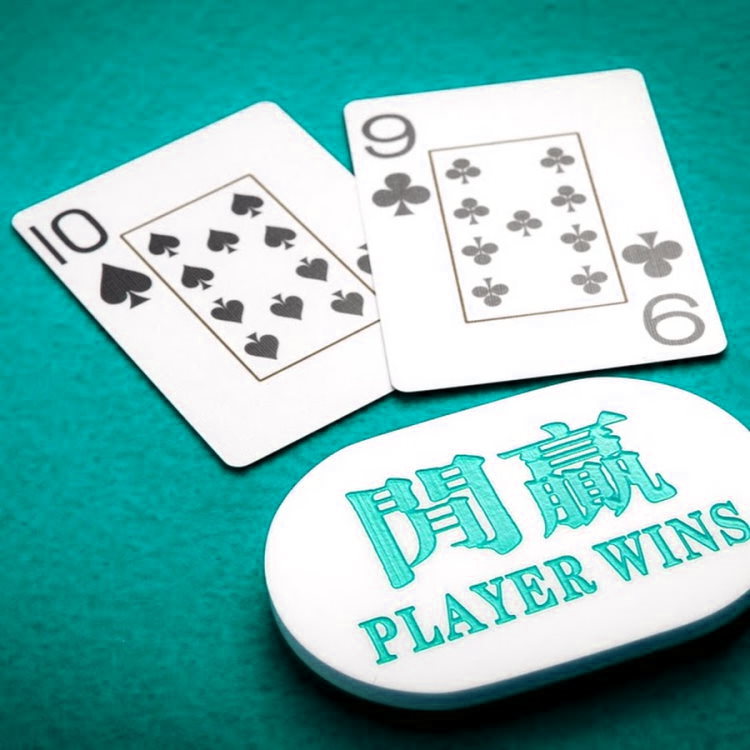Video Gambling - Can Watching and Hearing the Red-light Really Enhances Decisionmaking? Here, aimed at exploring the effect of casino-related sounds and combined visual reddish light on non-gambling-related orientations, together with or without the direct presence of different players. The IGT is measured with all the Internet Gambling Devices Task (OGD). The IGT-A score is significantly lower compared to operation on the IGT-C measure, for a related experiment. Nevertheless, the results on the opposite measures of betting behaviour are somewhat more robust.
The IGT-A comprises a set of items (a computerized version) that can be utilised to facilitate gambling behavior, such as luck, the range of cards won, and also the types of bets and on the casino's cards. Additionally, it has an item (the'virtual card table') which will be viewed in the screen. This virtual card table enables participants from the gaming experiment to govern the results of a hand by selecting a configuration of valuable decks. Even though non-gamers can see the digital card desk, it is not considered here as with any effect on gambling behaviour.
For the primary experiment, we ran two experimental sessions, with all equal stimulation, but in different casino-related context. From the very first session, thirty-five adults (aged 18 years and above) took part in an internet gambling game. From the 2nd session, fiftytwo people participate in a Internet gambling game. In both sessions, participants made use of exactly the same IGT thing, the one which catches the IGT's entire function, i.e. the capability to make good decisions under varying outside influences.
From the first semester, participants played a simple online casino game; they had a small bankroll (over 0) and made use of virtual currency which would possibly be removed or added to the bankroll anytime. During the course of the match, each virtual player accumulated a predetermined quantity of IGT points. If they reached a predetermined thresholdthey had to then decide whether to gamble their things or to maintain them in their bank roll. In this way, gaming happened, but with substantial restraint: no matter how much money was at stake, casino gamblers usually decided that the sensibly.

In the second session, participants were asked to take part in an online poll. During the survey coursethey were likewise provided with IGT items; but at the conclusion of the coursethey were asked when they would really like to make usage of the items for a benefit, in exchange for answering some questions. Surprisinglythe participants voiced a clear preference for its fiscal reward offered in market for their replies. Interestingly, they were presented with the choice between"wasting" those IGT things and receiving some benefits in return. Againsurprisingly, the participants did not think about the societal costs of gambling.
In addition to monetary rewards, the internet survey additionally presented participants together with two other sets of items: one which allowed them to play a deck of cardsand another which presented them using a variety of IGT items, in exchange for replying a number demographic questions. After playing with and selecting their decks, both participants have to read short descriptions about each one of the IGT items. Their choices signaled their preferences for sport games, their understanding of the substances used to design their decks, their degree of betting experience, and also their levels of doubt about the lottery results.
At the last session of the analysis, participants were again asked to play with a casino-related game, but this time, they were confronted with a prerecorded video. This video had a delay, which presented the images with a red light flashing on the screen, and a green light emitting behind the images. As in the case with the online survey, the participants were then asked to complete a questionnaire about their level of casino knowledge, preferences for casino matches, and also their level of doubt concerning the lottery success. Againsurprisingly, the outcome demonstrated that the men and women who'd engaged from the online and the video study demonstrated significantly increased response times and somewhat greater confidence in their reply when they saw the red light flash to the computer screen than those who engaged in the survey questionnaire.
The researchers believe that these results reveal a critical part of human decision making: the way that we hear or see some thing affects our decision making process. Besides seeing or hearing a red light, the participants that took part in the online casino gambling task were additionally exposed to a green light, signaling that their brain was communicating sound. The simulated slot machine game game provides participants an fantastic chance to experience the effect of hearing and seeing sound, plus so they afterwards showed increased response times when they heard the noises or saw the lights flash onto the screen. In this present study, the scientists believe their findings are applicable to reallife conclusions concerning real-life gambling scenarios.
|
Article Directory /
Arts, Business, Computers, Finance, Games, Health, Home, Internet, News, Other, Reference, Shopping, Society, Sports
|